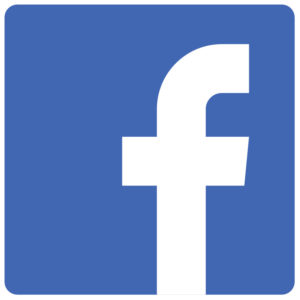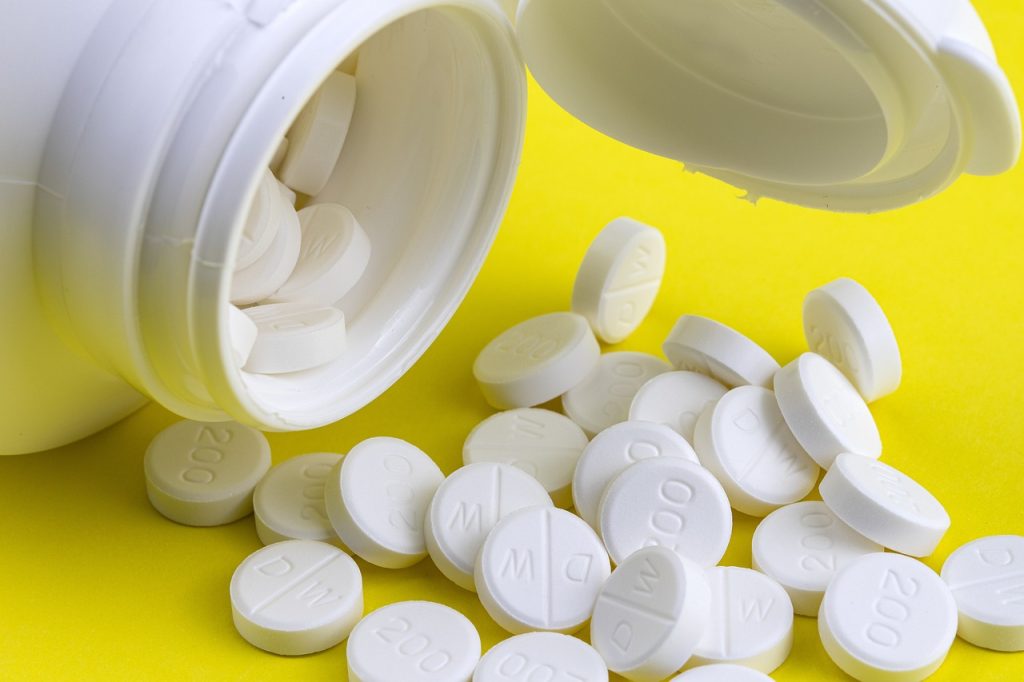This Saturday, (October 26th) is National Prescription Take Back Day! Originating on Sept. 25, 2010, When the Drug Enforcement Administration (DEA) held first-ever Nationwide Prescription Drug Take-back Day. The goal was to provide a safe, convenient, and responsible means of disposing of prescription medications. With the day becoming such a success, the event grew to become a biannual event , allowing individuals to turn in unused or expired medications at designated locations. The importance of this day cannot be overstated, as it addresses a critical public health and safety issue, that many Americans are still not aware of. At home medications that are not being used or have expired can become dangerous and sometimes lead to misuse and abuse.
Keeping old prescriptions can pose significant risks, we know this. Most importantly to the individual who may take an old or expired mediation, it can lead to accidental poisoning, especially in households with children or pets. According to the Centers for Disease Control and Prevention (CDC), unintentional drug overdoses are a leading cause of injury-related deaths in the U.S., often involving prescription drugs that were not properly disposed of. In addition, The National Institute on Drug Abuse (NIDA) reports that many individuals who misuse prescription drugs obtain them from friends or family members. Keeping these medications around contributes to potential substance abuse and misuse issues within our community.
How do you go about safely removing medication from your home? We suggest locking them up until you can drop them off or mail them in to a designated medication return facility. However, many American’s still think it is ok to flush medications down the toilet, and while this may seem like a convenient disposal method; it poses serious environmental risks. Wastewater treatment plants are not designed to remove all pharmaceutical contaminants from water systems. As a result, flushing medications can lead to water pollution, affecting aquatic life and potentially entering drinking water supplies. The United States Geological Survey (USGS) https://www.usgs.gov/special-topics/water-science-school/science/pharmaceuticals-water “found that more than 4,000 prescription medications used for human and animal health ultimately find their way into the environment. They can pollute directly from pharmaceutical manufacturing plants or from humans and animals. As these chemicals make their way into terrestrial and aquatic environments, they can affect the health and behavior of wildlife, including insects, fish, birds, and more.” In addition The Food and Drug Administration (FDA) has provided guidelines indicating that only certain medications should be flushed due to their potential for harm if ingested by someone other than the person for whom they were prescribed. Most medications should instead be disposed of through take-back programs.
Another common myth that keeps people holding on to older medications is the thought of needing to save old prescriptions for future use. However, this practice is filled with dangers. Medications can lose potency over time; thus, using expired drugs may not provide the intended therapeutic effect and could even be harmful. Furthermore, some medications require specific storage conditions to maintain their efficacy; improper storage can compromise their safety. Additionally, relying on saved prescriptions can lead individuals to self-medicate without consulting healthcare professionals or keep people from fully utilizing the medication they were prescribed in the first place. This behavior can result in dangerous drug interactions or inappropriate treatments for medical conditions that require professional evaluation. For those concerned about costs or access to healthcare, call 211 to see about what prescription support or health care support program are available to you so you can fully take your medications.
As mentioned, there are multiple ways to safely dispose of old medications, such as locking them up, dropping them off and mailing them in!
- Mail-In Programs: Individuals can send their unwanted medications through mail-in programs designed for safe disposal. For more information on how to participate in these programs, visit https://survey.alchemer.com/s3/5089490/1545c40385eb
- Drop-Off Locations: Many communities have established drop-off sites where residents can bring their unused medications for safe disposal. Here at North Country Hospital we welcome you to drop off unused medications, as well as at the sheriff’s department in Derby. Most pharmacies also offer medication take-back services as part of their commitment to reducing leftover pharmaceuticals in communities.
- Lock Up Medications: For those who need to keep certain prescriptions on hand, securely locking up these medications can help prevent a variety of issues from misuse, abuse, having medications stolen, forgetting or losing medications and ensuring they remain available as or when needed. Medications can be lethal, and like other deadly weapons, poisons or materials you want to keep away from others, especially children and kids, lock them up.
You can participate in National Prescription Take Back Day this Saturday and become part of the solution to safeguarding our community and protecting our environment from pharmaceutical contamination. Or bring your medications to be disposed of to the take back kiosk any time the front lobby of North Country Hospital is open. When our community responsibly disposes of unused or expired medications through designated channels rather than keeping them around or flushing them away, we contribute positively toward community well-being and that is one way we can all care for each other. Take back day is this Saturday, let it be a reminder to Lock It, Drop it, or Mail it!


